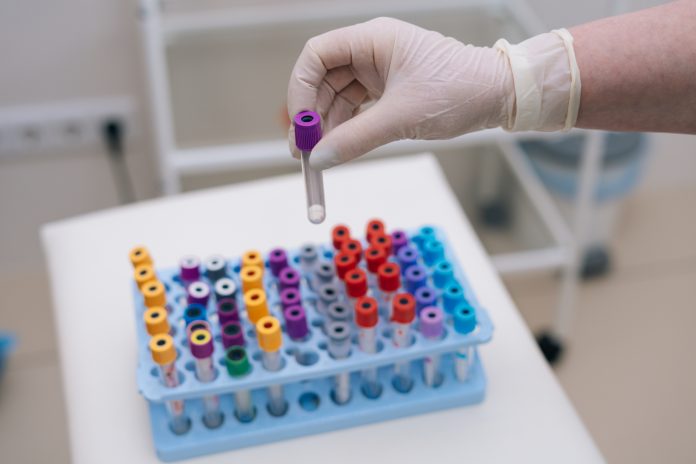The team will have results to discuss in April, 2022 – they nurse the hope that this HIV vaccine could stop different geographical strains, after 40 years of no cure
In 2014, Professor Tomáš Hanke wrote about the myriad obstacles that lay between the world and a HIV vaccine. Now, his team is trialling one.
The clinical trial, known as HIV-CORE 0052, will test the HIVconsvX vaccine. This vaccine is a “mosaic” which is capable of targeting a range of HIV-1 variants, opening up the possibility that this single drug could be used across the globe.
This proposed cure is different to existing ones
In March, we reported on the ‘London patient’ – the second person in the world, that we know of, to be permanently cured of HIV.
At the time, Professor Ravindra Kumar Gupta, lead on the research team, said: “The London patient has been in HIV-1 remission for 30 months with no detectable replication-competent virus in blood, CSF, intestinal tissue, or lymphoid tissue.”
This technique was a stem-cell based transplant, which while incredible, cannot be replicated en masse without implausible levels of funding and infrastructure. However, this new trial is pioneering the potential of a HIV vaccine that could work similarly to how COVID vaccines are distributed.
How would HIVconsvX work?
While most HIV vaccine candidates work by inducing antibodies generated by B-cells, HIVconsvX induces the immune system’s potent, pathogen obliterating T cells, targeting them to highly conserved and therefore vulnerable regions of HIV – an “Achilles heel” common to most HIV variants.
Dr Paola Cicconi, Senior Clinical Research Fellow at the Jenner Institute, University of Oxford, and the trial Chief Investigator, said: “Achieving protection against HIV is extremely challenging and it is important that we harness the protective potential of both the antibody and T cell arms of the immune system.”
‘HIV vaccine has been elusive for 40 years’, says Professor Hanke
Professor Tomáš Hanke, Professor of Vaccine Immunology at the Jenner Institute, University of Oxford and lead researcher, said: “An effective HIV vaccine has been elusive for 40 years. This trial is the first in a series of evaluations of this novel vaccine strategy in both HIV-negative individuals for prevention and in people living with HIV for cure.”
This project is funded by Horizon 2020, via the European Aids Vaccine Initiative (EAVI2020).
While the science for the cure looks promising, economic inequity will create problems with access to the vaccine – as it has right now, with which countries can afford COVID doses and which cannot.
In other cases, the likelihood of contracting HIV is linked to poverty or to lack of healthcare access. There are tangles of healthcare inequity to solve, including the unspoken role of systematic racism – with 43% of US HIV deaths happening to Black people.
Professor Tomáš Hanke further said: “There is strong evidence that undetectable HIV viral load prevents sexual transmission. Nevertheless, the pace of decline in new HIV infections failed to reach the Fast-Track Target agreed upon by the United Nations General Assembly in 2016: fewer than 500,000 new infections per year in 2020.
“Even in the broader context of increasing antiretroviral treatment and prevention, an HIV-1 vaccine remains the best solution and likely a key component to any strategy ending the AIDS epidemic.”
Dr Hans Kluge, WHO Regional Director for Europe, said: “I remember when a diagnosis of HIV seemed like a death sentence. Now, with proper treatment, people with HIV can live without fear of AIDS.”











